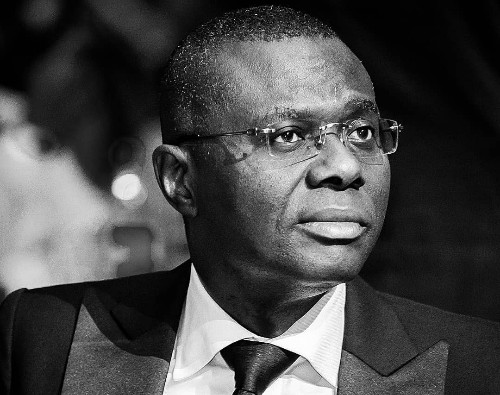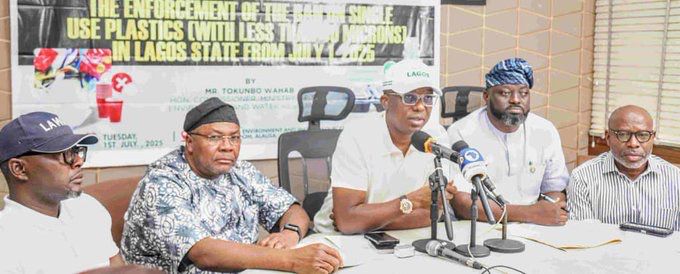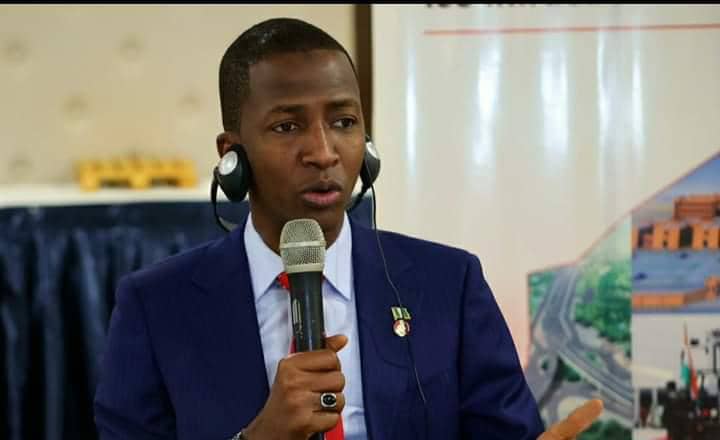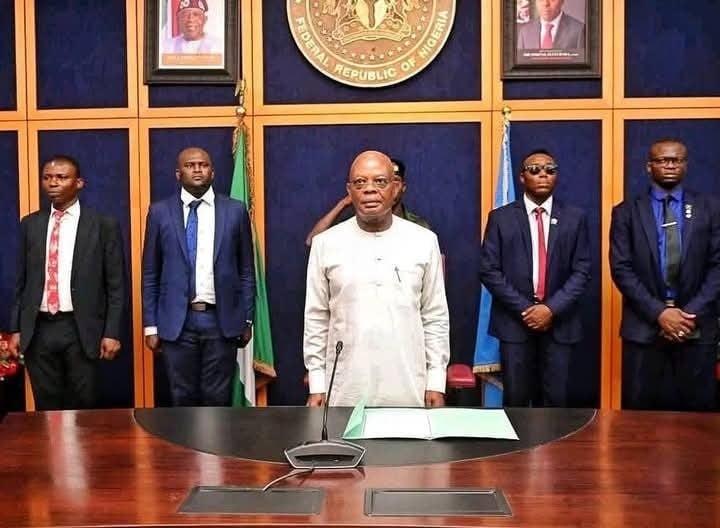Safety and security lie at the heart of the prosperity of any nation or state because significant development cannot exist without them. Lagos is Nigeria’s most important state, and like any other megalopolis, it has latent security challenges and threats that are, however, being addressed and mitigated because Governor Babajide Sanwo-Olu anticipated and prepared adequately for them.
One of candidate Sanwo-Olu’s electioneering promises was to create the right environment in which the security of life and property is guaranteed as encapsulated in ‘Security and Governance’ under his audacious T.H.E.M.E.S (Traffic Management and Transportation; Health and Environment; Education and Technology; Making Lagos a 21st Century State; Entertainment and Tourism, Security and Governance) development agenda.
Since assumption of office, Governor Sanwo-Olu has been walking his talk with aplomb and decisiveness, introducing avant-garde security initiatives and incentives, assuring that there will be no compromises or circumvention of the welfare of security agencies in securing Lagos State while reinforcing the people’s faith in his competence and commitment to making Lagos one of the top destinations on the African continent to live, work, and invest in.
However, the effectiveness or otherwise of any security policy is measured on a scale of outcomes. Governor Sanwo-Olu just got his ‘report card’ on security via a recent report by SBM Intelligence, an Africa-focused, geopolitical research and strategic communications consulting firm, which declared that Lagos, warts and all, has one of the fewest cases of kidnap for ransom.
The report, titled ‘Grim Reaping: Economics of Nigeria’s Kidnap Industry – A 2024 Update,’ examined the period between July 2023 and June 2024 and revealed that 7,568 individuals were abducted in 1,130 incidents across Nigeria. Zamfara, Kaduna, and Katsina have the highest numbers of incidents and victims of the 1,130 reported kidnapping cases. Zamfara topped the list with 132 incidents, 1,639 victims, and 146 civilian deaths. Kaduna had 113 incidents with 1,113 victims while Katsina reported 119 incidents with 887 victims.
The three states, according to the report, also have the highest number of civilian deaths, adding, “In the year under review in this report, kidnapping has become more lethal, with 1,056 people killed in 1,130 reported kidnap incidents. On average, someone is killed each time there is an attempted kidnap.”
Noteworthy is that Lagos, Nigeria’s economic heartbeat and most populous state with an estimated 24 million inhabitants and a daily influx of over 100, 000 people from across the country, recorded only seven cases of kidnap. In contrast, Ekiti and Osun States recorded six cases each. Gombe recorded the lowest number with only one reported kidnap case while Jigawa, Bayelsa, and Kano have two, three, and four cases respectively.
This news may typically fly under the radar due to the socio-economic upheavals buffeting Lagosians. Still, it is a significant and symbolic acknowledgment of Governor Sanwo-Olu’s transformational initiatives and investments in security and a testament to the fact that he focuses on the actual safety of the people, not the appearance of it. Instructively, for the fourth consecutive year, Lagos recorded no armed robbery attack against any financial institution in the state. This is the longest period in which no bank has been attacked in the state over the last two decades.
“Our efforts have paid off as Lagos State still retains the record for the longest number of years without a bank robbery. Also, our security agencies have been able to keep home invasions at a minimum while seriously tackling cases of kidnapping and other emerging security matters,” said Waheed Ayilara, the late former acting Commissioner of Police for Lagos State.
Even sworn detractors will admit that Governor Sanwo-Olu has been very invested and proactive in the handling of the state’s security by providing the required support for the police and other security agencies. His administration has donated security assets like communication gadgets, ballistic vests and helmets, anti-riot water cannon vehicles, Armoured Personnel Carriers (APCs), patrol vehicles, and patrol motorcycles for use by the Lagos Command of the Nigeria Police Force. Additional men were also recruited into the Neighbourhood Security Watch to complement the efforts of existing security personnel.
“This administration has been working closely with security agencies in the state in our firm resolve to raise the bar of governance, which includes ensuring a well-secured and safe environment for investment and other socio-economic activities to thrive. We strongly believe that investment in security must be prioritised because the security and welfare of the people remain the primary duty of any government,” the governor said.
The Sanwo-Olu administration has also substantially supported the Lagos State Security Trust Fund, LSSTF, an interventionist agency established in 2007 as a public-private partnership organisation to raise funds and cater to the needs of security agents and agencies so that businesses and individuals can develop their potential and succeed in reaching their goals while also being able to engage in social events and other recreational activities in a secure environment.
Earlier in January, the governor announced that N7bn would be raised in support of the agency to enhance the capabilities of the security agencies while pledging the provision of 300 vehicles to bolster their logistical operations across the state. Similarly, the state government is installing smart cameras connected to a Command and Control centre where several points in the city are monitored in real-time. The command and control centre has direct lines to the Police emergency first responders, and fire and rescue service, among others.
All of these and more have enhanced the security that Lagos State enjoys while underscoring the fact that Governor Sanwo-Olu has mastered the art of being in tune, in touch, and on top of the demands of Lagos as a mega city and the desires of an average Lagosian.
Adeshina Oyetayo, a media executive, writes from Lagos
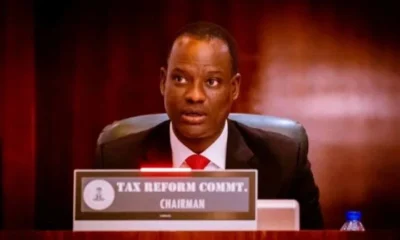
 BIG STORY5 days ago
BIG STORY5 days ago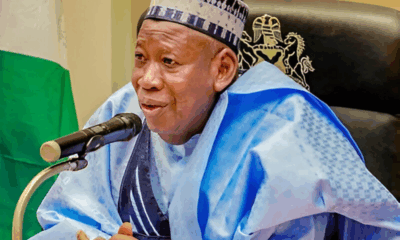
 BIG STORY5 days ago
BIG STORY5 days ago
 BIG STORY22 hours ago
BIG STORY22 hours ago
 BIG STORY5 days ago
BIG STORY5 days ago
 BIG STORY20 hours ago
BIG STORY20 hours ago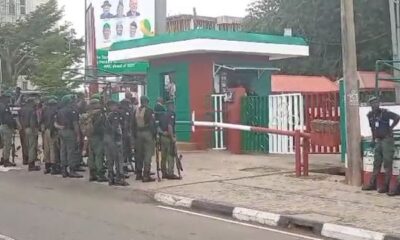
 BIG STORY2 days ago
BIG STORY2 days ago
 BIG STORY2 days ago
BIG STORY2 days ago
 BIG STORY21 hours ago
BIG STORY21 hours ago




